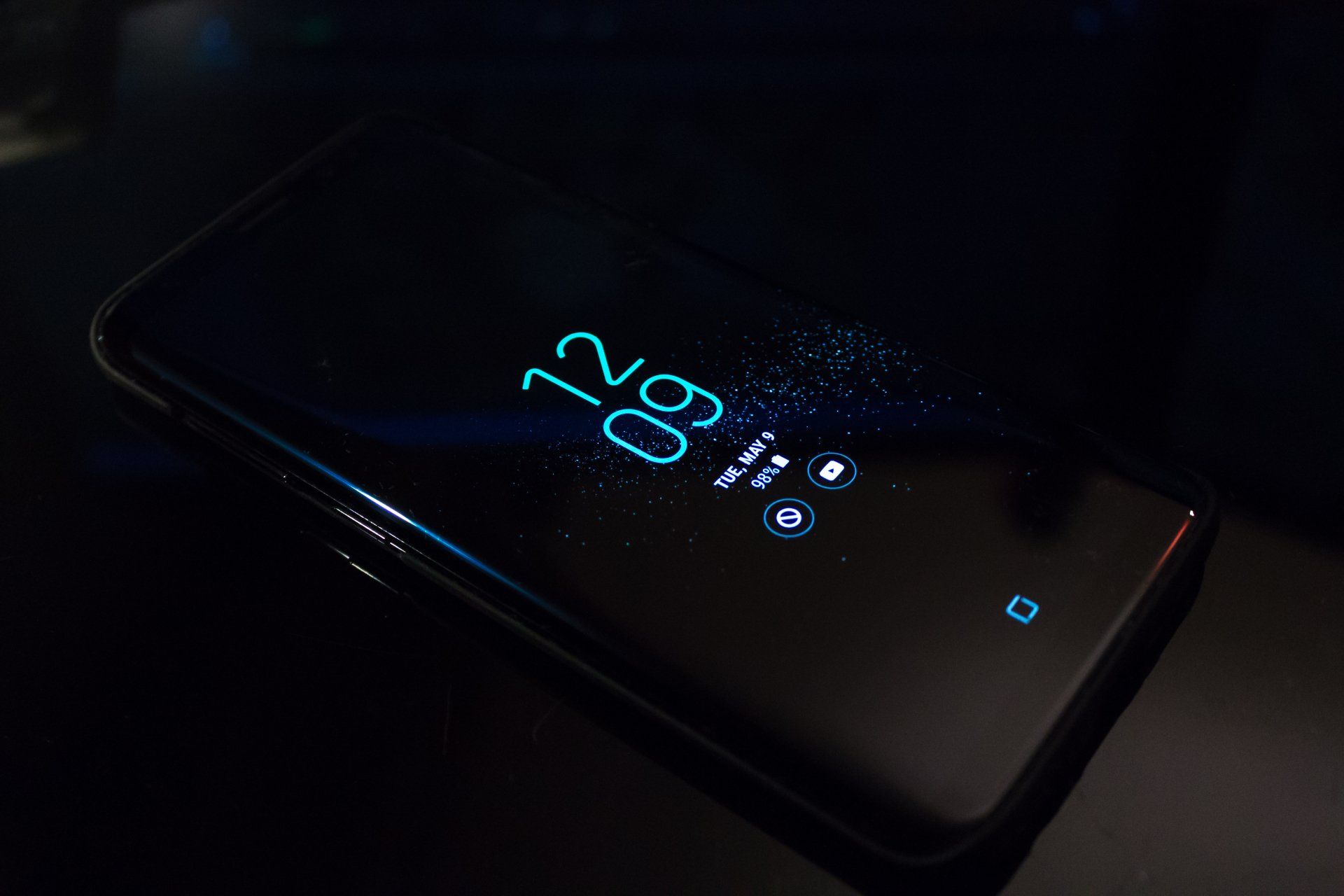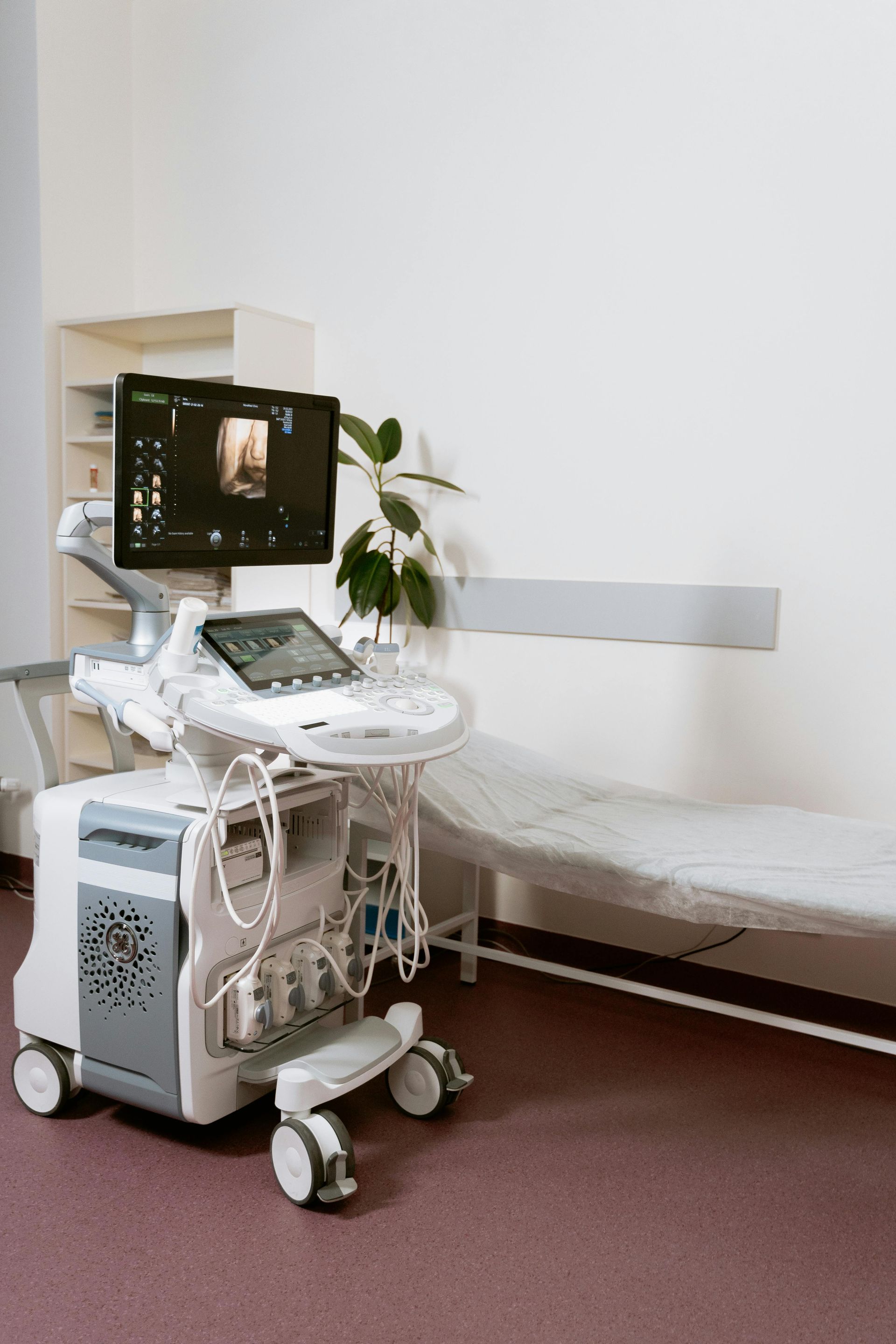Mobile Malware Up 500%
by Jon Lober | NOC Technology
Are you allowing hackers access to your smartphone?

Most of us consider our smartphones to be fairly secure devices, but cybersecurity researchers recently announced an alarming statistic. During the first few months of 2022, mobile malware attacks surged by 500%. This dramatic uptick in malicious activity represents a clear threat to our online security, but it does not tell the entire story. If hackers are intensifying their offensive, what are we doing to defend our mobile devices?
Most of us assume that our mobile devices are well-protected by the default level of protection in their operating systems. This (ill-founded) assumption creates a false sense of security about our phones and tablets, leading most of us to ignore important defensive measures that we should be taking to protect ourselves.
Cybercriminals have now identified our mobile devices as easy access points to our sensitive information, in fact over 60% of digital fraud now occurs through mobile devices. Why would a hacker bother going through the layers of security that you have installed on your computer, when your phone has the same information and is essentially unprotected? We at NOC Technology encourage you to take the following basic steps to toughen up your defenses against this growing digital threat.
7 Tips to Improve the Security of Your Smartphone
1. Use Mobile Anti-malware
For many years, mobile phones have slowly grown more and more powerful; most of them now carry out the same functions as a computer – just with a much smaller screen. Since the advent of personal computing, we have locked down our desktops and laptops with antiviral and anti-malware protections. Thirty years ago, we were already installing McAfee via floppy disk, and today we continue to download online versions of similar products to our laptops. Yet for some reason, we tend to ignore the fact that we have not installed any such product on our powerful, pocket-sized computer!
Your mobile phone needs antivirus/anti-malware just as much as your computer. Malware can and does infect smartphones and tablets, and you need to ensure that you have a reliable mobile anti-malware app installed. Many familiar names in the desktop computer antiviral scene also make mobile versions, but a number of new players have some fantastic products as well. If your business has several types of devices, and you’re not sure what might work best for you, an IT professional can always help you identify the best solution for your business.
Also, beware of those freebies. Free is great when you’re talking about food, but not security apps. Malware is often hidden inside of free apps. These apps are supposed to make you more secure, but ironically end up exposing you to serious risk instead.
2. Don’t Download Apps from Unknown Sources
Only download mobile apps from trusted sources. Never download an app outside one of the primary app stores. Trusted app stores include recognizable places like:
- Apple App Store
- Google Play
- The Microsoft Store
- Amazon Appstore
In addition, prior to downloading a new app, research the app developer online and make sure they have a good reputation. Once you’ve downloaded a dangerous app to your phone, it can infect it with malware, which remains behind even if you delete the app later.
3. Don’t Assume Email is Safe
Many people prefer checking email on their phone rather than their PC because it’s so convenient, but they falsely believe that their emails are safe to view simply because they’re on a mobile device. You can’t assume an email is safe just because you’re not on your computer.
In fact, on a smartphone, it can be even more complicated to verify the validity of an e-mail. On a PC, you can hover over a link (without clicking) to see whether or not the link destination is legitimate. Since it is difficult to do this on a smartphone, if you see something questionable and want to check the link, open the email on your PC where you can do so safely.
4. Beware of SMS Text Phishing (aka “Smishing”)
In March of 2022, text spam growth outpaced robocall growth, growing by 30% that month. Many of those spam texts are smishing.
Smishing is the text version of phishing. These texts usually contain malicious links, which a hacker can use to potentially breach your device if you click them. Alternatively, the message may also ask you to text back with personal information.
Always be on the lookout for text messages that don’t quite make sense. For example:
- shipping notification when you haven’t ordered anything
- job offers from unfamiliar names or numbers
- urgent security alerts
- texts from unknown sources
Phishing via text message is a growing concern. Since most people still are not quite aware of it yet, they too often get caught in the trap.
5. Remove Old Apps You No Longer Use
Approximately 2.6 million apps have not had an update in a year or more. When abandoned by their developers, apps can leave security vulnerabilities on your device. Hackers seek out these types of vulnerabilities which, if unaddressed, can become a danger.
Go through your device regularly and remove old applications that you no longer use. If you are done using them, there is no reason to keep them around as a potential back door — hanging open for hackers to access your device at their convenience.
Also review the date of the app’s last update. You can check this in the Apple App Store or Google Play on that app’s specific page. If the last date was over a year ago, then you may want to consider replacing that app with something more current. App updates often include security-related items, so if the last update was more than a year ago, that app may become a weak spot on your phone.
6. Keep Your Device Updated
Speaking of updates, you also need to keep your device's operating system updated. Are you using the current version of Android or iOS? These updates minimize security vulnerabilities by closing up the most recently identified holes in your phone’s digital armor. Failure to update your phone’s OS means that these holes are left open for cybercriminals to slip through.
As much as possible, automate your mobile device’s updates to avoid missing an important fix. If you run a company with multiple mobile devices, then you might want to consider including your devices on a managed IT services plan.
7. Use a VPN When on Public Wi-Fi
Public wi-fi is dangerous. Most people understand that but may still use to it out of necessity anyhow. At some point, we have all run into a coffee shop or local library to finish up some last-minute work. You might be worried about going over your data plan allotment or your mobile carrier reception may be slow. Whatever the reason, we still occasionally opt to connect to that unsecured public hot spot.
If you must use public wi-fi, you can connect with less risk if you use a VPN application. VPNs stand between your device and the internet by routing your data through a secure server. This helps keep prying eyes away from your sensitive information while you are on public wi-fi.
Mobile Security Solutions to Prevent a Data Breach
Whether you are in St. Louis, Chicago, or anywhere else in the US, the threat remains the same. Don’t wait until your phone is infected with malware to secure it properly. NOC Technology can help you select, install, and manage anti-malware protection on your business’s mobile devices in addition to a wide variety of other managed service solutions to protect your business’s devices, accounts, and data. Contact us to schedule a consultation.
Article used with permission from The Technology Press.







